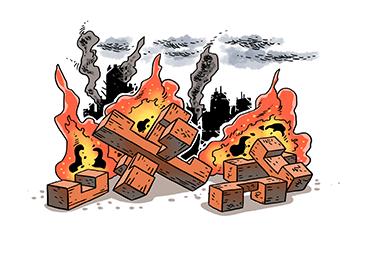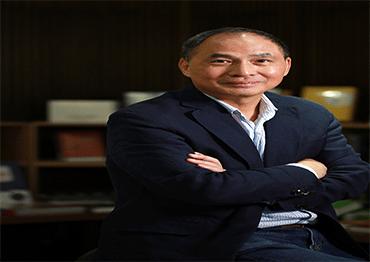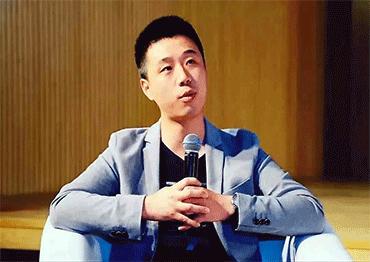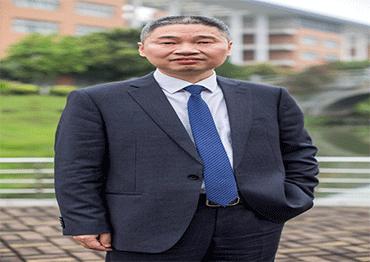“Let’s take this (holds up a traditional wooden Chinese puzzle) as peace and cherish what we have... Once it is broken, you cannot fix [the] pieces together easily. We may also take it as the serious challenges ahead of us. It needs our solidarity, it needs us to hold each other up together, and then we have more powerful strengths to tackle all the issues ahead of us.”
Zhang Jun, China’s permanent representative to the UN, at a conference at the UN Security Council on November 1 on the IsraelGaza conflict
“In short, innovation through reform and opening-up is the most effective response to those who are bad-mouthing the Chinese economy, and is an effective way to ensure the ‘next China is still China.’ What we lack is action, which is the only way to the future.”
Zheng Yongnian, director of the Institute for International Affairs, Chinese University of Hong Kong in Shenzhen, in an interview with CITIC Academy, a social media account under CITIC Press Group, in late October
“I calculate my time and income every day. But on the way home after working overtime, I would also look up at the stars.”
Hai Ya, the 2023 winner of the Hugo Award for his sci-ff novel The Space-Time Painter, at the 81st World Science Fiction Convention (Worldcon) held in Chengdu, Sichuan Province on October 21. Hai works as a customer manager at a bank in Shenzhen, Guangdong Province
“China regards Australia as a friend and partner. It has no reason to take China as an opponent or threat. The nature of the Sino- Australian relationship is win-win, and the bilateral friendship conforms to the fundamental interests of both countries and their people. Along with the stable relationship between China and Australia, bilateral trade will have more certainties and space for development.
Zhou Fangyin, deputy director of the Guangdong Institute for International Strategies, in an interview with NewsChina’s Chinese edition following Australian Prime Minister Anthony Albanese’s visit to China from November 4 to 7
“As two international financial centers, Hong Kong and Shanghai are not in a competitive relationship, especially in the present complex international situation. The two cities are not competing to see which takes more market share, but taking advantage of their strengths to make the market bigger and increase investor confidence in the Chinese capital market.”
Julia Leung, chief executive of the Securities and Futures Commission of Hong Kong, in an interview with the China Finance 40 Forum during the fifth Bund Summit held in Shanghai from September 22 to 24
“It’s urgent to make more capital flow into the stock market and bring up the price, and the central bank’s purchase is the most direct way to rapidly increase capital in the stock market... Whatever means we use, we have to pull the stock index up... even if it’s between 3,500-4,000 points, before we launch systematic reform. After these issues are resolved and the stock market becomes stable, the central bank can exit gradually. Chinese stock markets have suffered through 15 years of decline. Rescue efforts should not be short-term fixes.”
Liu Jipeng, director of the Capital Finance Institute, China University of Political Science and Law, in an interview with NewsChina’s Chinese edition in early November
“So, if the population keeps growing, the economy will grow as well, and China’s debts will not be an issue since the total amount is not high. But, if our population shrinks and the economy goes down, debt will become a very tough issue.”
Nie Huihua, a professor at the Renmin University of China School of Economics in Beijing, in an interview with news portal The Paper in early November
“A country is promising when generations have high expectations for society, so our reforms should conform to what the mainstream population is expecting. If the reforms take too long and cannot keep up with the expectations of younger generations, it will cause problems that could make their disappointment grow. If so, we won’t be able to mobilize future generations to face and solve problems.”
Zhou Qiren, a professor at the National School of Development at Peking University, quoted by the WeChat account of Zhongguancun Jingwei Industry Transition and Upgrading Institute, a private industrial research center on November 9

 Old Version
Old Version




